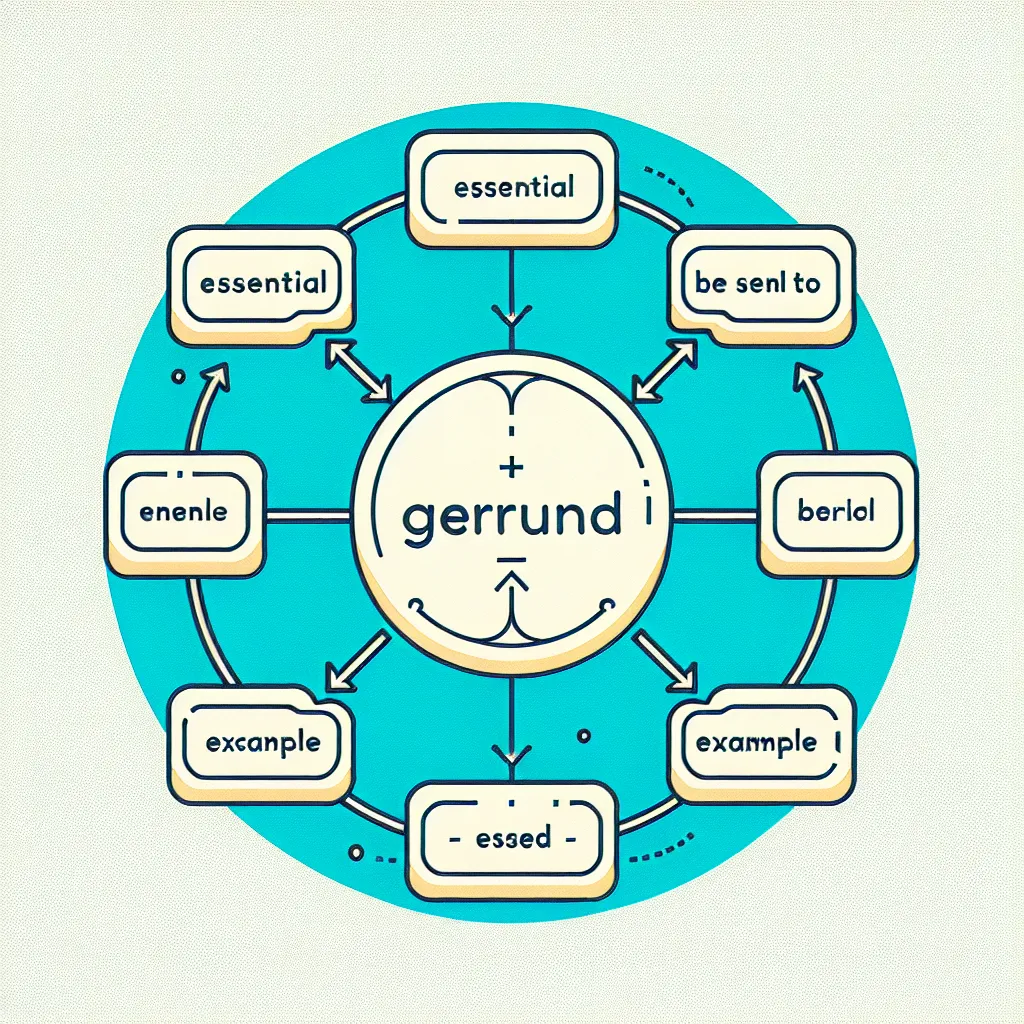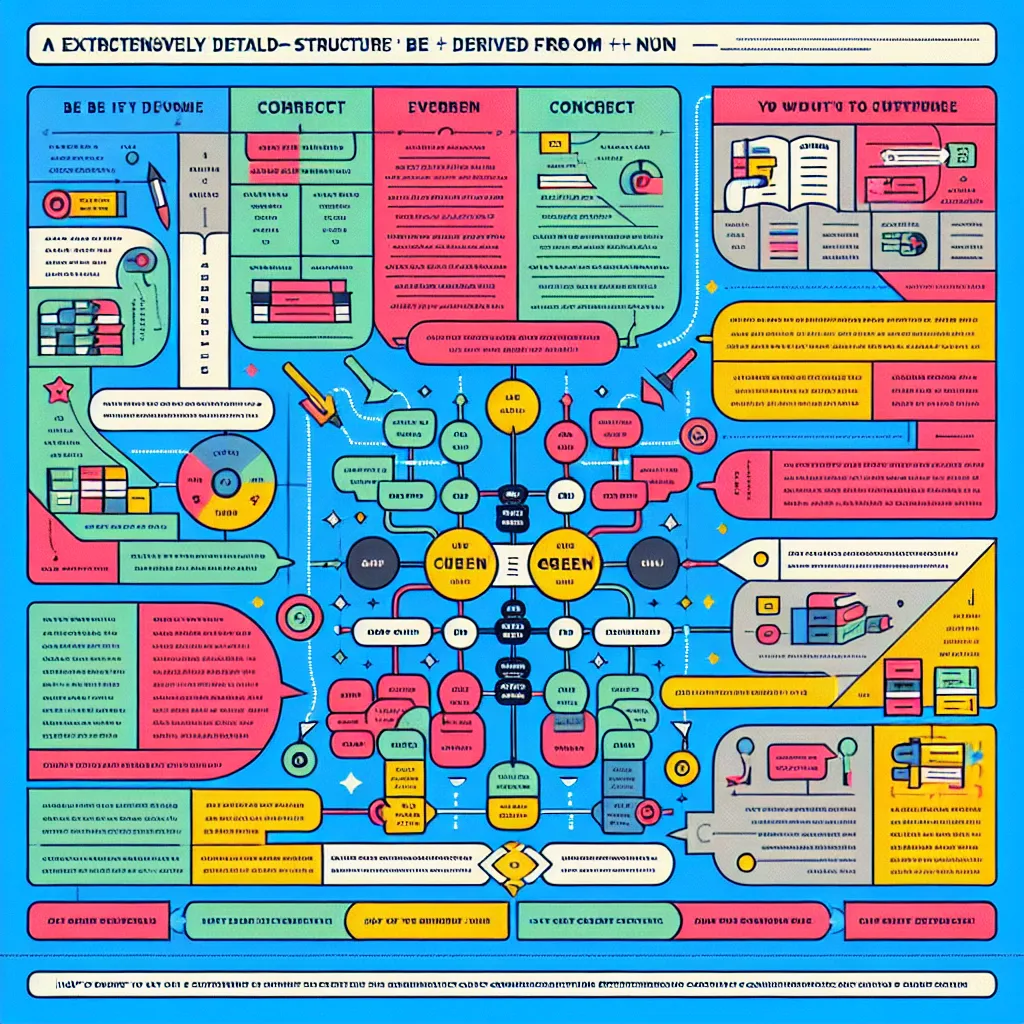The “be essential to + gerund” structure is a crucial grammatical pattern that frequently appears in IELTS exams. Understanding and effectively using this structure can significantly enhance your performance across all sections of the test. Let’s delve into its meaning, usage, and application in IELTS contexts.
Nội dung bài viết
Understanding the “Be Essential to + Gerund” Structure
The “be essential to + gerund” structure is used to express the idea that something is absolutely necessary or extremely important for a particular action or process. It emphasizes the critical nature of one element in relation to another.
Formula: Subject + be + essential + to + gerund
Examples:
- Regular exercise is essential to maintaining good health.
- Effective communication skills are essential to succeeding in business.
- Proper planning is essential to achieving long-term goals.
In these examples, the gerund phrases (maintaining, succeeding, achieving) represent the actions or processes that require the essential elements (regular exercise, effective communication skills, proper planning).
 Essential to gerund structure
Essential to gerund structure
Frequency and Importance in IELTS
The “be essential to + gerund” structure is particularly relevant in IELTS, appearing in various sections of the exam:
- Reading: You may encounter this structure in academic texts discussing critical factors in processes or systems.
- Listening: It’s often used in lectures or discussions about important elements of a topic.
- Writing: Utilizing this structure can help you express key points clearly in Task 2 essays or Task 1 reports.
- Speaking: Incorporating this structure can demonstrate your ability to discuss important aspects of a topic fluently.
Applying the Structure in IELTS Tasks
IELTS Writing Task 2
When writing an essay, you can use this structure to emphasize crucial points. For example:
“Effective time management is essential to balancing work and personal life. Without proper organization of one’s schedule, it becomes challenging to allocate sufficient time for both professional responsibilities and personal activities.”
Analysis: This sentence clearly states the importance of time management in achieving work-life balance. The gerund “balancing” represents the ongoing process that requires effective time management.
IELTS Speaking Part 3
In more in-depth discussions, you can use this structure to express your opinions on important factors:
Examiner: “What do you think is essential for success in a career?”
Candidate: “I believe continuous learning is essential to advancing in any career. In today’s rapidly changing job market, staying updated with new skills and knowledge is essential to remaining competitive.”
Analysis: Here, the candidate uses the structure twice to emphasize two critical aspects of career success: continuous learning and staying updated. The gerunds “advancing” and “remaining” indicate ongoing processes in career development.
Advanced Usage for Higher Band Scores
To aim for higher band scores (7+), consider these advanced applications:
-
Combining with other structures:
“Not only is dedication essential to mastering a skill, but it is also crucial for maintaining expertise in the long term.” -
Using in complex sentences:
“While talent plays a role, experts agree that consistent practice is essential to developing proficiency, regardless of the field.” -
Incorporating into topic sentences:
“Innovation is essential to driving economic growth, as it leads to new products, services, and improved productivity.”
These more sophisticated uses demonstrate a higher level of language control and can contribute to achieving band scores of 7 or above.
Common Mistakes and How to Avoid Them
-
Incorrect verb form after “to”:
Incorrect: “Regular maintenance is essential tokeepthe equipment running smoothly.”
Correct: “Regular maintenance is essential to keeping the equipment running smoothly.” -
Confusing with “essential for”:
While “essential for + noun” is correct (e.g., “Water is essential for life”), be careful not to use it with a gerund.
Incorrect: “Communication is essential forsucceedingin business.”
Correct: “Communication is essential to succeeding in business.” -
Overuse:
While it’s a useful structure, overusing it can make your writing or speaking repetitive. Vary your language with synonymous expressions like “crucial for,” “vital to,” or “indispensable in.”
Conclusion
Mastering the “be essential to + gerund” structure can significantly enhance your IELTS performance. It allows you to express important relationships clearly and emphatically across all sections of the test. Practice incorporating this structure into your writing and speaking, paying attention to the gerund form and avoiding common mistakes. Remember, while it’s a valuable tool, it should be used judiciously alongside a variety of other advanced structures to demonstrate the full range of your language abilities.
To further improve your grammar skills for IELTS, you might also want to explore related structures such as “be associated with + noun/gerund” and “be subject to + noun/gerund”. These additional patterns can help you express complex ideas with precision and sophistication in your IELTS responses.


